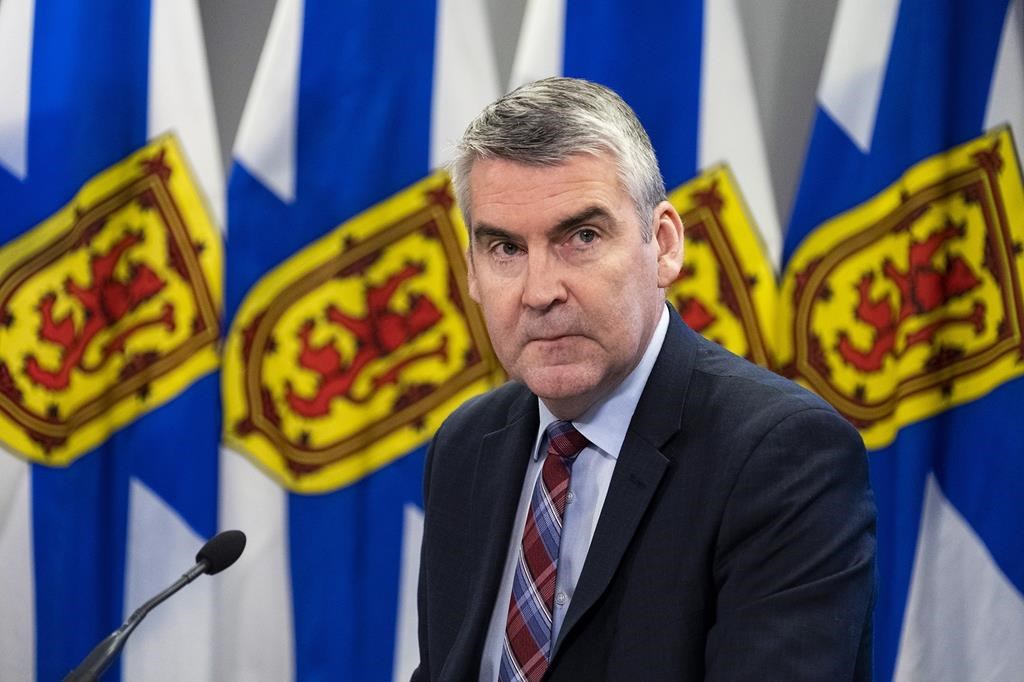Nova Scotia’s premier is calling on residents to be wary of misinformation floating around online on April Fool’s Day.

In a Facebook post Wednesday, Premier Stephen McNeil said there is a false post circulating which appears to show Education Minister Zach Churchill extending school closures from May 1 to May 31.
“It is irresponsible and blatantly false,” McNeil said.
READ MORE: Breakdown of where coronavirus cases are in Nova Scotia coming soon: Strang
The fake letter, which appears to be sent to teachers, parents and students, says school closures in Nova Scotia have been extended based on “epidemiological projections.”
It also said the school year will be extended from June 1 to Aug. 28.
“There will be a short vacation break until the start of the next academic year on Wednesday, Sept. 2, 2020,” the fake letter reads.

McNeil corrected the fake post in a statement of his own, saying schools closures will contine to be extended to May 1, at which time they will assess whether it is safe to reopen schools.
- Solar eclipse eye damage: More than 160 cases reported in Ontario, Quebec
- 3 women diagnosed with HIV after ‘vampire facials’ at unlicensed U.S. spa
- ‘Super lice’ are becoming more resistant to chemical shampoos. What to use instead
- Canadian man dies during Texas Ironman event. His widow wants answers as to why
In speaking with Global News on Tuesday, Nova Scotia Teachers Union president Paul Wozney also said there was no indication of an additional extension.
“It’s fun to have a sense of humour on April Fools, but I would encourage everyone to understand the impact of their words during this very difficult time,” McNeil continued.
“There’s no indication whatsoever in talking with Minister Churchill and the leadership at the Department of Education that working into the summer is something that they think is important or necessary,” he said.
READ MORE: Coronavirus: First case of community spread identified in Nova Scotia
McNeil added that he’s “very proud” of teachers for supporting Nova Scotia’s Learning Plan and helping students navigate at-home learning.
“I also want to thank parents and students for working with their teachers during this unprecedented time,” he said.
Questions about COVID-19? Here are some things you need to know:
Health officials caution against all international travel. Returning travellers are legally obligated to self-isolate for 14 days, beginning March 26, in case they develop symptoms and to prevent spreading the virus to others. Some provinces and territories have also implemented additional recommendations or enforcement measures to ensure those returning to the area self-isolate.
Symptoms can include fever, cough and difficulty breathing — very similar to a cold or flu. Some people can develop a more severe illness. People most at risk of this include older adults and people with severe chronic medical conditions like heart, lung or kidney disease. If you develop symptoms, contact public health authorities.
To prevent the virus from spreading, experts recommend frequent handwashing and coughing into your sleeve. They also recommend minimizing contact with others, staying home as much as possible and maintaining a distance of two metres from other people if you go out.
For full COVID-19 coverage from Global News, click here.





Comments